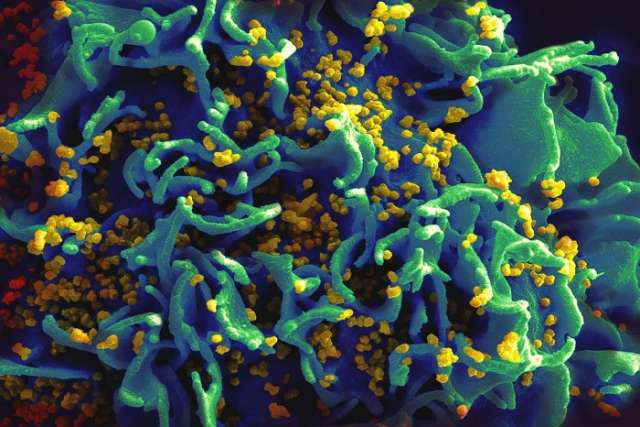FINDINGS
A study of HIV-positive black and Latino men who have sex with men finds the use of methamphetamine combined with intimate partner violence boosted the activity of genes that regulate the body’s inflammatory and antiviral functions. The combination may lead to exhaustion of the immune system in people living with HIV, increasing the risk for developing chronic diseases such as cardiovascular disease and other disorders.
BACKGROUND
Social genomics, which examines how social factors affect genetic activity, has demonstrated that adverse social adversity such as discrimination and violence are linked to substance abuse and HIV. The researchers for this study sought to determine if methamphetamine use, unsuppressed viral load, and intimate partner violence could predict increases in inflammation and type I interferon, activity known to drive exhaustion of immune cells such as CD4 and CD8, which leads to increased viral replication.
METHOD
The researchers recruited 147 HIV-positive black and Latino men who have sex with men from the MSM and Substances Cohort at UCLA Linking Infections Noting Effects (mSTUDY). The mSTUDY examines data from both HIV-positive and HIV-negative Los Angeles County men who have sex with men, predominately of Latino and black/African-American background. These communities are disproportionately impacted by HIV and considered high priority by prevention research.
IMPACT
The findings demonstrate that at a molecular level, both social challenges and substance use play a role in immune function in people living with HIV. These factors need to be considered together when studying the stress-disease link, though further research is needed to examine this over an extended period of time.
AUTHORS
Michael Li, Emily Richter, Mariah Kalmin, Sae Takada, Pamina Gorbach, Steven Shoptaw, and Steven Cole of UCLA; Chukwuemeka Okafor of Baylor University, and Shareefa Dalvie of the University of Cape Town.
JOURNAL
The study is published in the peer-reviewed Annals of Behavioral Medicine.
FUNDING
This research was supported by the National Institute on Drug Abuse,the National Institute of Mental Health, and the National Institute on Aging.




